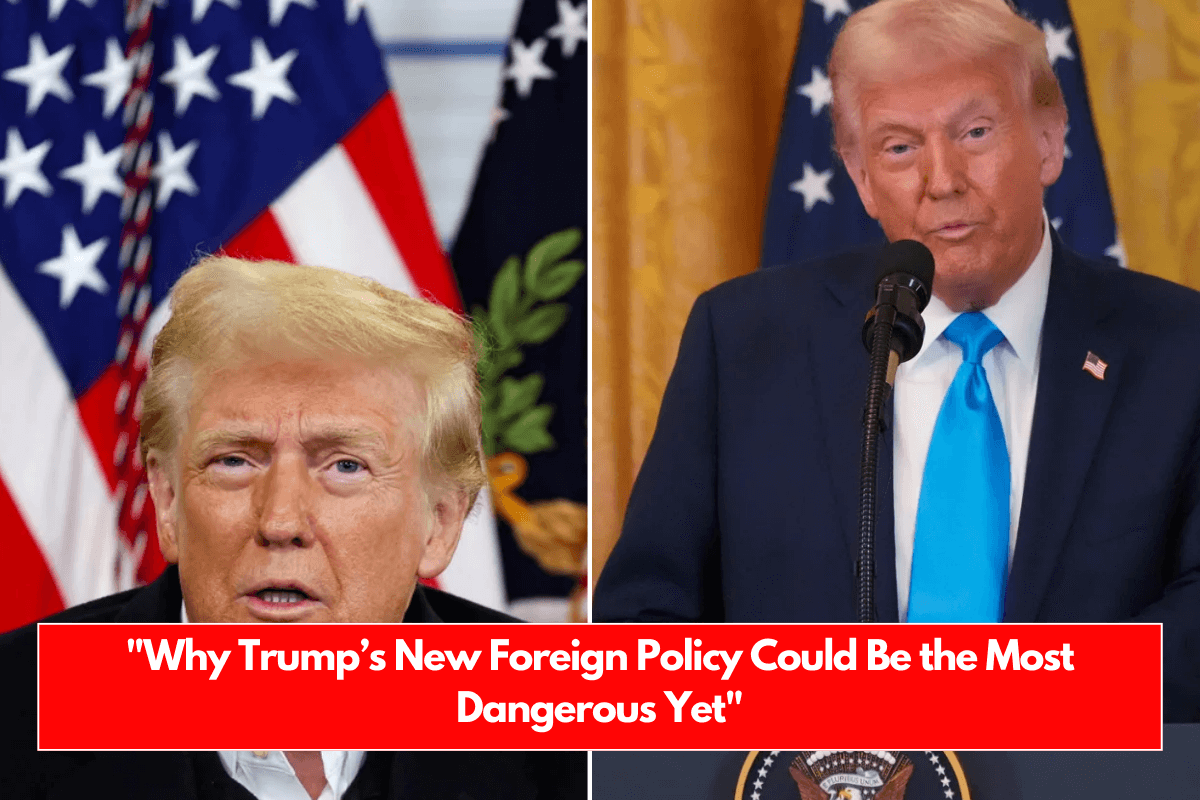President Donald Trump’s suggestion that the U.S. should “take over” Gaza and transform it into a luxurious Mediterranean “riviera” has left global leaders, analysts, and human rights activists in shock.
The proposal, which includes relocating 2.2 million Palestinians to neighboring Arab countries, is widely seen as legally questionable and morally outrageous. Critics argue that it reflects Trump’s transactional approach to diplomacy, treating an internationally sensitive conflict as a real estate deal rather than a humanitarian crisis.
The Proposal: Gaza Under U.S. Control
Trump’s plan involves forcibly resettling Gaza’s Palestinian population, which many have called an endorsement of ethnic cleansing. He envisions reconstructing Gaza into a thriving Mediterranean hub under U.S. ownership, completely detached from its historical and cultural context.
However, international norms and laws governing sovereignty and human rights directly oppose this idea, making it not only impractical but potentially illegal under international law.
A Disturbing Shift in Foreign Policy
Trump’s plan breaks with decades of established diplomacy between the U.S. and its allies. The traditional American approach in the Middle East focused on fostering negotiations between Israelis and Palestinians to achieve peace.
However, Trump’s intervention marks a departure from that model, promoting a unilateral solution that disregards Palestinian rights and the interests of neighboring Arab states.
Middle Eastern governments, except for Israeli Prime Minister Benjamin Netanyahu’s right-wing coalition, have uniformly rejected Trump’s plan. European allies have also condemned the proposal, with several leaders warning that displacing Palestinians would violate international law and further destabilize the region.
Trump’s “Deal-Maker” Mindset: A Risky Strategy
Supporters of Trump often argue that his bold proposals are part of a negotiation strategy meant to shock opponents before reaching a more reasonable outcome.
However, critics believe this interpretation is overly optimistic. To them, Trump’s plan is less about strategic bargaining and more about coercion and domination, disregarding the complexities of Middle Eastern geopolitics.
Trump’s approach legitimizes authoritarian tactics, akin to those used by leaders like Vladimir Putin, who seized Crimea and invaded parts of Ukraine under similar justifications of “expansion” and “stability.” By adopting this confrontational approach, Trump undermines the rules-based international order that the U.S. once helped build.
Global Implications of Trump’s Unilateralism
Trump’s proposal could have far-reaching effects on global power dynamics. His disregard for international treaties and norms benefits rival powers like China and Russia, who see America’s unpredictability as an opportunity for expansion. Beijing, for example, could use this period of U.S. instability to position itself as a reliable global power in trade, infrastructure, and diplomacy.
Russia, meanwhile, views Trump’s rhetoric as a validation of its own land grabs in Eastern Europe. By mimicking the same “might-is-right” logic, Trump’s actions indirectly boost Russia’s justification for territorial expansion.
A Violation of International Law and Human Rights
Forcing 2.2 million Palestinians out of Gaza and resettling them in neighboring Arab countries is a proposal widely condemned as ethnic cleansing. International law, particularly the Geneva Conventions, prohibits the forced displacement of populations.
The Arab League and major European powers have pointed out that any forced relocation would destabilize the region and could spark long-term conflict.
Trump’s detachment from humanitarian realities is also seen in his plan to transform Gaza into a glamorous destination, as if it were an abandoned property awaiting redevelopment.
This rhetoric, often compared to that of a property developer eyeing a lucrative project, ignores the trauma and historical significance of Gaza’s struggle.
The Trump administration’s break from established norms has left the world’s most powerful democracy without a clear foreign policy direction.
Traditional allies can no longer rely on the U.S. to act according to mutually agreed principles. This unpredictability not only undermines trust but also leaves America vulnerable to challenges from rival nations seeking to fill the leadership void.
